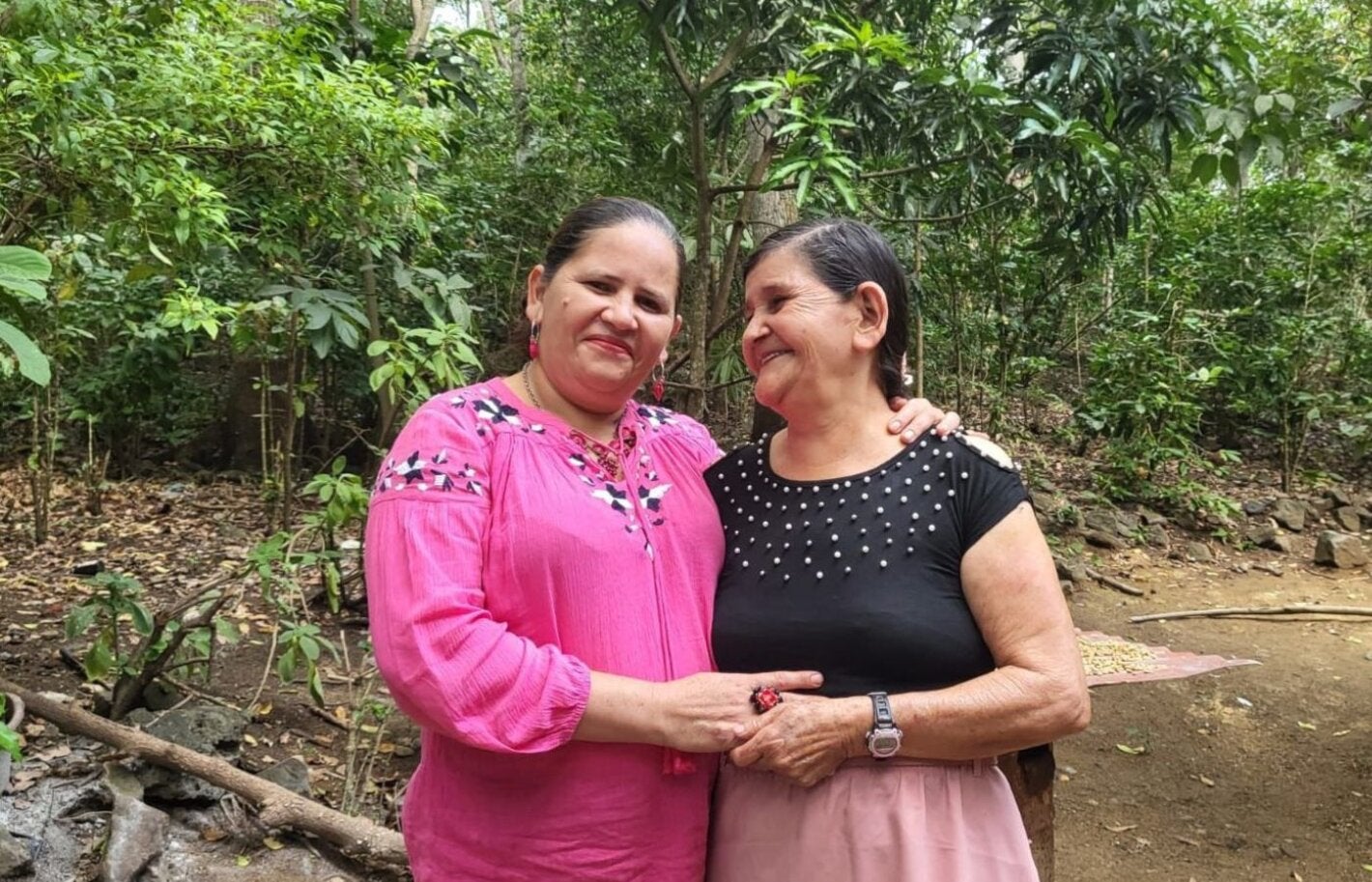
Washington, D.C., 28 May 2025 (PAHO)– In commemoration of the International Day of Action for Women’s Health, the Pan American Health Organization (PAHO) held the webinar “Innovations, Experiences, and Achievements in Women’s Health”, aimed at showcasing advances and good practices designed to improve maternal, sexual, reproductive, and neonatal health in the Region.
“Last year, the Director of PAHO issued a clear call to all countries to accelerate the reduction of maternal mortality, particularly in the 12 countries with the highest burden. At the same time, improving women's health requires comprehensive approaches that address social determinants, healthy aging, and sexual and reproductive rights. This seminar aims to highlight innovations that can be key to achieving that goal—innovations that should be adopted, adapted, and scaled up within national contexts,” said James Fitzgerald, Director, Department of Health Systems and Services at PAHO, during the event’s opening.
During the presentation of the objective of the meeting, Suzanne Serruya, Unit Chief, Women’s, Maternal, Neonatal, and Reproductive Health at PAHO, highlighted the transformative potential of the initiatives promoted by countries with the support of the Organization.
“Today, we are not presenting ideas, but rather concrete experiences—many of them in use for over a decade—that have shown real impact. The CLAP Sentinel Center Network and the Perinatal Information System (SIP-PLUS) enables the generation of evidence for public policies, the improvement of data quality, and the promotion of innovation in areas such as abortion, contraception, vaccination, and mobile technologies,” said Serruya.
Antigua and Barbuda shared its experience in implementing SIP-PLUS, a free and adaptable platform for perinatal health records. Raymond Mansoor, consultant in the Department of Obstetrics and Gynecology at Sir Lester Bird Medical Center in St. John's, described how the country has built a robust database with information on more than 8,500 patients since 2017. This tool has enhanced clinical and public health decision-making, enabling more accurate analyses of cesarean sections, preterm births, and other maternal health indicators.
Thanks to the flow of information provided by the Sentinel Centers Network, Jessica Fleming, Director of Product Development and Maternal Immunization Delivery Lead, Policy, Access, and Representative of Program of Appropriate Technology in Health (PATH), presented a study on prenatal visit attendance to inform the administration of vaccines during pregnancy, particularly for the respiratory syncytial virus (RSV) vaccine. The study examines the timing of these visits and supports improved logistical planning for vaccine supply and storage.
In Peru, the Regional Health Directorate of Amazonas shared an innovative telemedicine strategy for prenatal care. Clyde Muñoz Vargas, Head of Telehealth and Referrals, and Julia López Puicón, Director of Health Services at DIRESA Amazonas, described how this initiative has expanded access to specialized obstetric care for pregnant women in remote areas. Teleconsultations have reduced wait times and enhanced the capacity of primary health care providers, improving diagnosis, treatment, and the timely referral of high-risk pregnancies.
From the Dominican Republic, Zobeida Peralta, Coordinator of the Sexual and Reproductive Health Program at the Ministry of Public Health, and Erika Estévez Saint Hilaire, Coordinator of the MUSA center network at the San Lorenzo de los Mina Maternal and Child Hospital, presented the national rollout of the Immediate Post Obstetric Event Contraception (AIPEO) strategy. The initiative involves theoretical and hands-on training using clinical simulation, virtual platforms, and direct supervision. To date, facilitators and medical residents have been trained to provide post-abortion and postpartum contraceptive methods, contributing to the prevention of unplanned pregnancies.
At the close of the event, Serruya celebrated the commitment of the national teams and underscored the importance of continued technical exchange across the Region. “These experiences show that improving women’s health is possible with evidence, political will, and collaboration. From the Caribbean to the Andes to the Southern Cone, every country has something valuable to share. Let’s continue learning from each other to build fairer and more equitable health systems for all women.”



